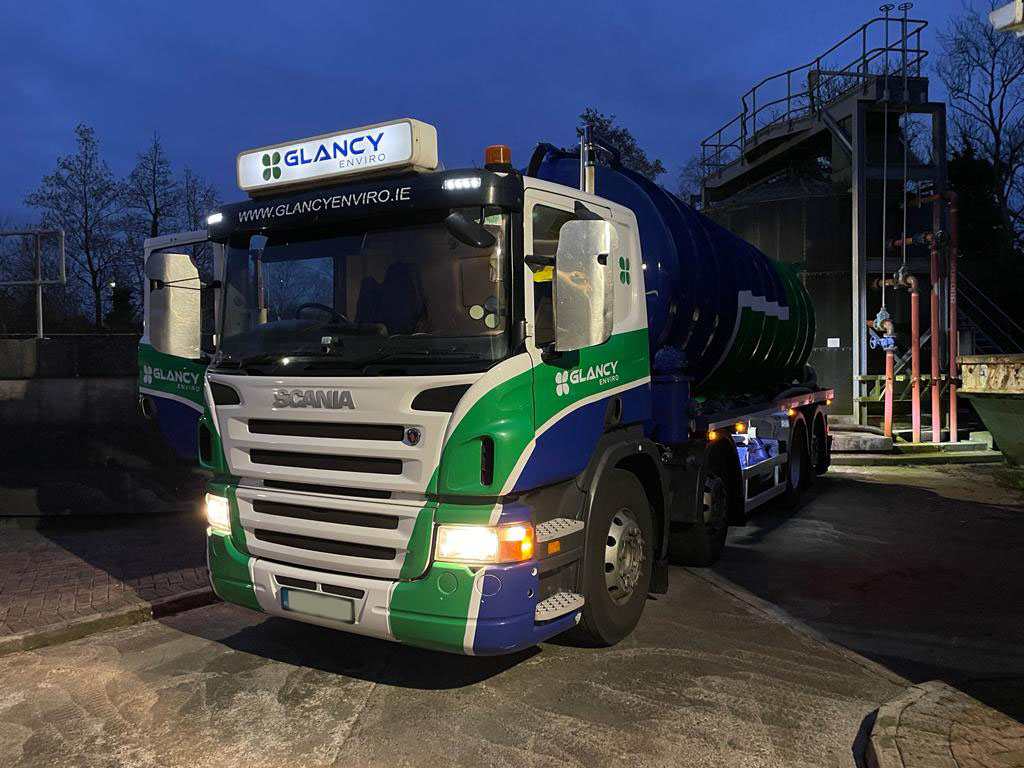The 2-Minute Rule for Reclaim Waste
Indicators on Reclaim Waste You Need To Know
Table of ContentsRumored Buzz on Reclaim WasteReclaim Waste - TruthsReclaim Waste Can Be Fun For AnyoneGetting My Reclaim Waste To WorkAll About Reclaim Waste
Explore the kinds, incidents, and types of fluid waste. Residential sewer waste refers to the waste and products from a household sewage-disposal tank. This sort of waste is created by human beings in homes, schools, and other structures. This only consists of sewage-disposal tanks that have a drain area. The appropriate management and disposal of residential sewage waste call for liquid waste to be transferred to a sewer treatment plant where the proper methods and devices are related to cleanse and deal with waste.
Business waste frequently includes potential hazards, such as combustible products or a blend of fluid and strong waste products, and needs a more innovative and in-depth disposal procedure. The disposal of commercial waste typically includes the purification of waste before transport to ensure safe and correct disposal. Industrial waste is produced from results and overflow of commercial procedures and manufacturing.
This kind of waste can not utilize the same sewer administration transport or procedures as septic or commercial fluids. The hazardous waste administration procedure calls for the inspection and testing of liquid waste before it goes through the disposal procedure (liquid waste removal). Drainage waste is the fluid waste that comes from runoff and excess stormwater in highly inhabited locations or cities
Drainage waste can create contamination and flooding if not dealt with properly. Find out more about sewer cleaning and waste administration. Making sure correct waste management can prevent disasters and decrease environmental harm. Both people in domestic settings and professionals in commercial or manufacturing industries can gain from recognizing the processes and regulations of fluid waste monitoring.
The Best Strategy To Use For Reclaim Waste
Get in touch with PROS Services today to find out about our waste management and disposal solutions and the proper means to take care of the fluid waste you create.
(https://packersmovers.activeboard.com/forum.spark#comment-71317007)Do you understand what happens to your water when you end, flush the commode or drain pipes the washing machine? No? Well, it deserves understanding. This supposed 'wastewater' is not only an important resource but, after therapy, will be released to our land, rivers or the ocean. Used water from commodes, showers, bathrooms, kitchen sinks, washings and industrial processes is called wastewater.

water used to cool down equipment or clean plant and tools). Stormwater, a type of wastewater, is drainage that streams from agricultural and city areas such as roofing systems, parks, yards, roads, courses and seamless gutters into stormwater drains pipes, after rainfall. Stormwater streams untreated straight to neighborhood creeks or rivers, eventually getting to the ocean.
Some Ideas on Reclaim Waste You Need To Know
In Queensland, many wastewater is treated at sewage treatment plants. Wastewater is carried from domestic or commercial websites via a system of sewage systems and pump stations, referred to as sewerage reticulation, to a sewer therapy plant. City governments construct, maintain and operate most sewer therapy plants. Operators are accredited under the Environmental Defense Act 1994 to discharge cured wastewater at an appropriate ecological criterion into rivers.
The Department of Natural Resources suggests city governments about managing, operating and maintaining sewerage systems and therapy plants. In unsewered locations, city governments may require homeowners to set up individual or household sewage treatment systems to deal with domestic wastewater from bathrooms, cooking areas, bathrooms and washings. The Division of Natural Resources authorizes making use of house systems when they are verified to be reliable.
In some brand-new subdivisions, therapy of some stormwater to remove clutter, sand and crushed rock has actually begun utilizing gross contaminant traps. Wastewater therapy occurs in 4 stages: Gets rid of solid matter.
Wastewater then streams right into big storage tanks where solids settle and are removed as sludge. Oil and scum are skimmed from the surface area. Utilizes little living organisms called micro-organisms to break down and eliminate staying dissolved wastes and fine fragments. Micro-organisms and wastes are find out this here incorporated in the sludge. Gets rid of nitrogen and phosphorus nutrients that could trigger algal blossoms in our waterways and intimidate water life.
Rumored Buzz on Reclaim Waste
Nutrient removal is not offered at all sewage treatment plants due to the fact that it calls for pricey specialized equipment. Clear fluid effluent generated after therapy may still consist of disease-causing micro-organisms - liquid waste disposal melbourne.

The majority of wastewater streams right into the sewage system. Under the Act, regional federal governments provide approvals and licences for ecologically relevant tasks (Periods) including wastewater launches that might have a local influence.
What Does Reclaim Waste Mean?
Otherwise, samples are taken for research laboratory analysis. Usually lots of examinations are required to establish the degrees of each of the various pollutants such as oils, heavy steels and pesticides in water. Monitoring offers accurate information regarding water high quality and can verify that permit conditions are being met. The info acquired via monitoring offers the basis for making water high quality choices.